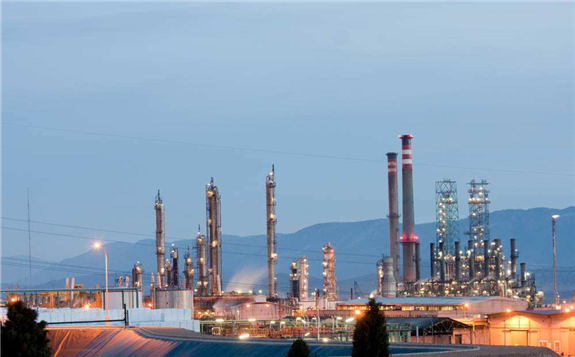Initially planned to be completed in around thirty years, the transformation of Eni’s conventional oil refineries into biorefineries will be done over the next decade. An approach that will reduce its net CO 2 emissions by 80% by 2050.

Italian oil company Eni has announced that the appearance of the Covid-19 will accelerate its shift from conventional refineries to greener facilities over the next 10 years.
The project had existed for several months, but the company decided to take advantage of the changes imposed by the sector to operate this transformation. In February, Eni set stricter climate targets, in which it committed to reducing its net CO 2 emissions by 80% by 2050.
“Instead of slowing down, we see Covid-19 as a reason to speed up the transition to low-carbon energy , ” said Claudio Descalzi, CEO of Eni.
One of the most important global players in this segment will thus leave it to bet on another segment with high potential for ecological transition.
Beyond the conversion of refineries into biorefineries, the company will consider divestments as part of its plan to reduce emissions. Eni thus plans to sell marginal activities in certain countries, including “perhaps the United States,” says Descalzi.
While world demand for petroleum products is at its lowest, the two biorefineries of Eni, Venice and Gela are the only ones in its refining system that have not reduced their production. Biorefineries have an internal rate of return of 15%.